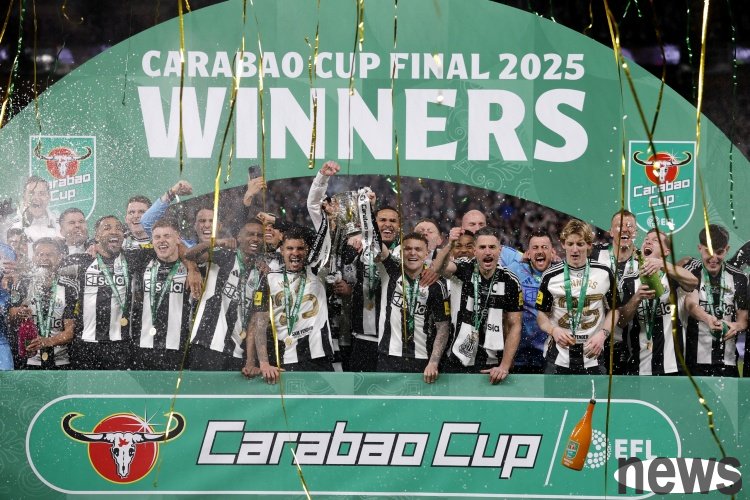The Premier League's controversial Profit and Sustainable Development Rules (PSR) are brewing major changes, and a new proposal that could vote in November has surfaced. British media chroniclelive wrote an article to analyze that this new regul...

The Premier League's controversial Profit and Sustainable Development Rules (PSR) are brewing major changes, and a new proposal that could vote in November has surfaced. British media chroniclelive wrote an article to analyze that this new regulation that seems to create a fair environment for ambitious clubs such as Newcastle may actually be a "leap forward, and take another step" plan.
Newcastle was deeply trapped by the current PSR rules. They were on the verge of violations in the summer of 2024 and were eventually forced to sell team stars Elliott and Minter to balance the accounts. Therefore, they are full of expectations for rule reform. The core of the new proposal consists of two parts. The first part is a model called "top-bottom anchoring", which is theoretically very beneficial to Newcastle. The model is based on the TV revenue of the league's bottom teams (about £110 million last season) and multiplied by five times, setting a unified spending cap for all clubs, namely £550 million. This seems to create an absolutely fair competition platform.
However, the key to the problem lies in the second part: the new regulations will be introduced along with UEFA's current "team cost rules". This means that the club's actual expenditure (including wages, transfer fees amortization, broker fees) will be limited to a certain proportion of its total income. For teams participating in European games, this proportion is 70%.
It is this additional clause that almost completely offsets the fairness brought by "top anchoring". British media have conducted detailed calculations on this: Newcastle's current annual revenue is about 300 million pounds, and its 70% expenditure cap is only 210 million pounds.
, by comparison, Manchester City has an annual revenue of up to £700 million, with a 70% spending cap of £490 million. This means that even under the new regulations, Manchester City still has a financial advantage of up to £280 million over Newcastle. Clubs such as Liverpool, Manchester United and Arsenal also enjoy similar huge advantages.
This reform plan has not really solved the problem for clubs like Newcastle and Villa that are eager to challenge the existing order. The ideal plan should allow the boss’s investment to be directly included in the expenditure limit, but this does not appear in the current proposal.
Therefore, although the new regulations seem to have taken a positive step, it may eventually trap these clubs in their original financial hierarchy.